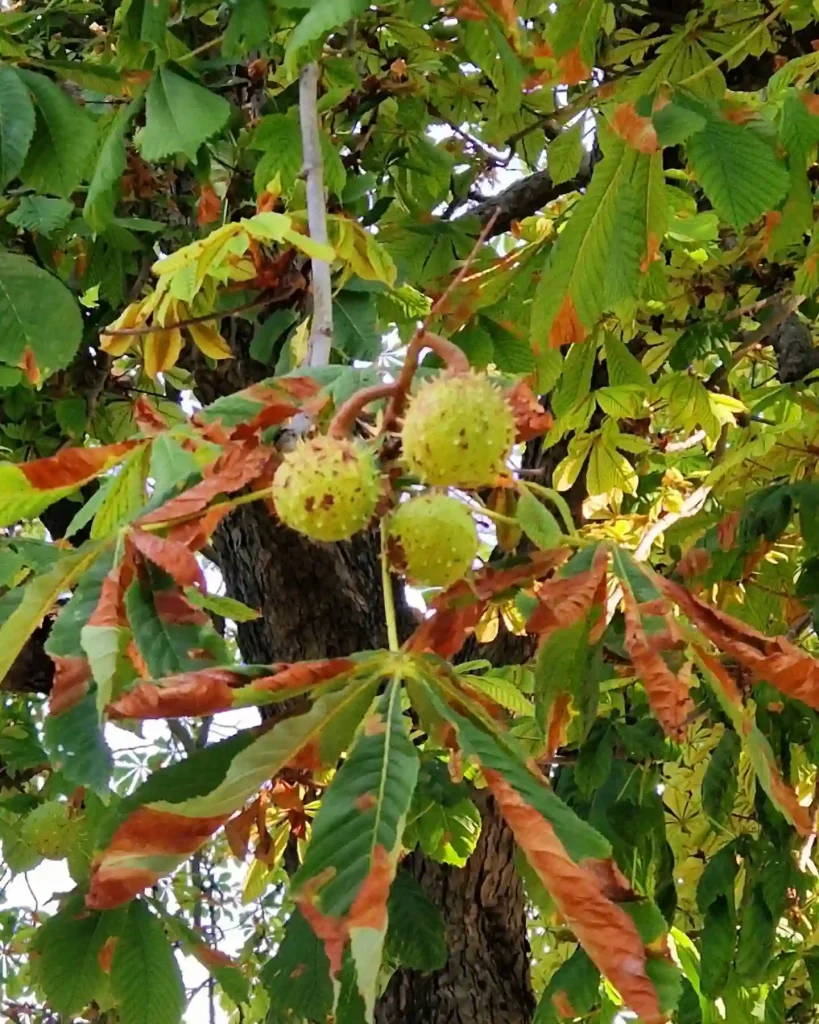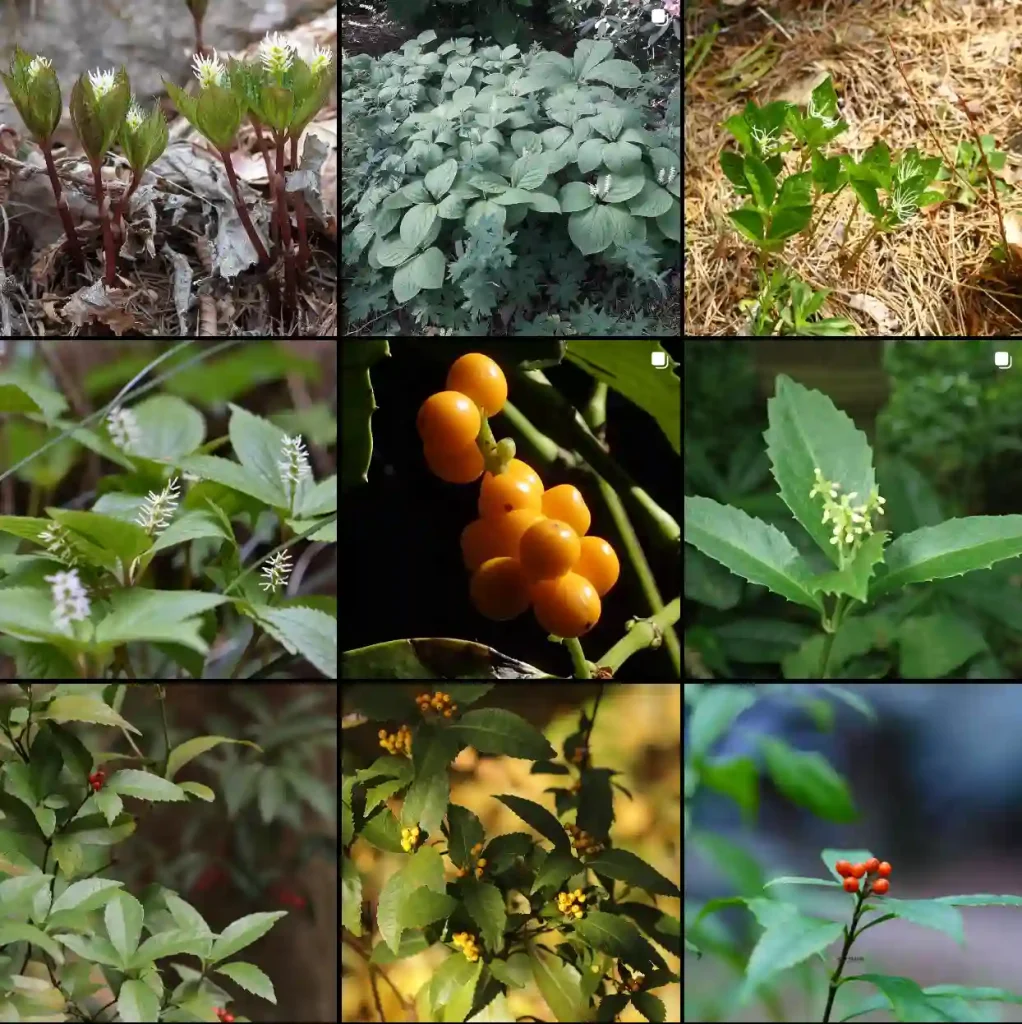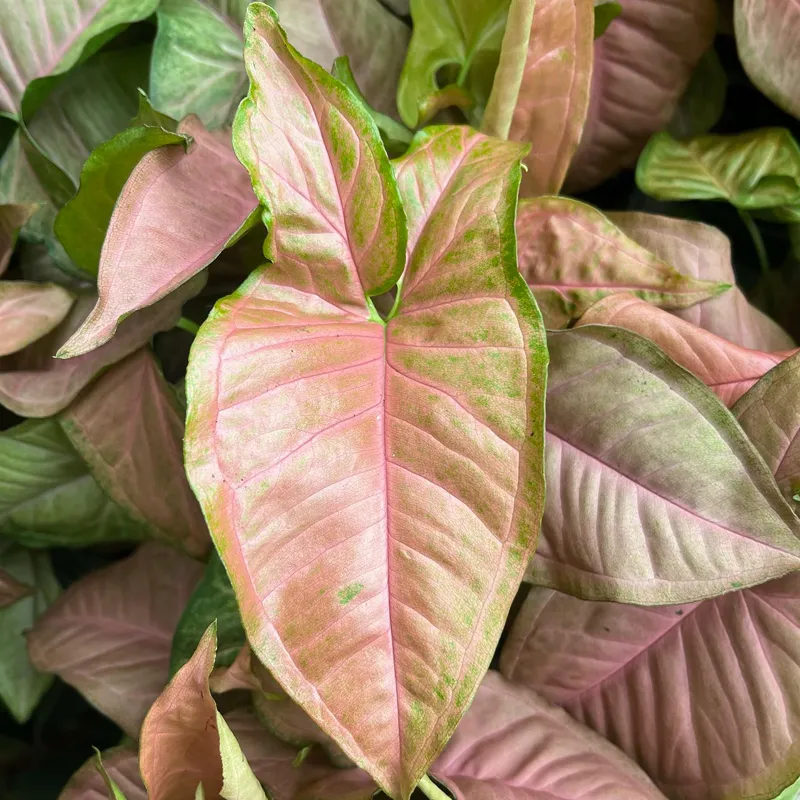What is Ugni Blanc?
Ugni Blanc or Vitis Vinifera, often referred to as Trebbiano or the “White Ugni” in English, is a white grape variety native to France. It is renowned for its role in producing some of the world’s most famous brandies and is a key ingredient in the production of Cognac and Armagnac. The grape itself is valued for its high acidity and fruity character, which contribute to the complexity and aging potential of these spirits.
84 Species in Genus Vitis
In France, Ugni Blanc is primarily grown in the regions of Cognac and Armagnac, where its characteristics are highly prized. The grape’s ability to retain acidity and its relatively neutral flavor profile make it an excellent base for the distillation process, allowing the final product to develop nuanced flavors over time.
How to Pronounce Ugni Blanc?
The pronunciation of Ugni Blanc can be a bit tricky if you’re unfamiliar with French phonetics. It’s pronounced as “Oog-nee Blahnk.” The emphasis is on the first syllable of “Ugni” and the final sound of “Blanc” is similar to the English word “blank,” but with a nasalized quality.
How Much Ugni Blanc is Grown in Loire?
While Ugni Blanc is predominantly associated with the Cognac and Armagnac regions, it also finds a place in the Loire Valley. However, its presence in this region is relatively modest compared to its cultivation in southwestern France. The Loire Valley is known for its diverse range of grape varieties, but Ugni Blanc is not the primary focus here. Instead, varieties such as Chenin Blanc and Sauvignon Blanc dominate the vineyards.
In terms of exact acreage, Ugni Blanc is grown in small quantities in the Loire Valley. It contributes to a niche segment of the wine market where its characteristics can add a unique touch to blends or single-varietal wines.
What is in Ugni Blanc Grapes?
Ugni Blanc grapes are known for their high acidity, which makes them well-suited for both brandy production and certain white wines. The grapes have a relatively neutral flavor profile, which allows them to blend seamlessly with other varietals or to serve as a canvas for the development of complex flavors during the aging process.
In terms of composition, Ugni Blanc grapes contain moderate levels of sugars and acids, with the latter being particularly notable. This high acidity is crucial for the aging potential of brandies, as it helps preserve the freshness and balance of the spirit over time. Additionally, the grapes have a thin skin and a high juice yield, which further benefits the distillation process.
How to Care for Ugni Blanc?
Caring for Ugni Blanc involves standard vineyard practices tailored to its specific needs. This grape variety thrives in well-drained soils and requires a temperate climate to maintain its acidity and prevent over-ripening. Regular pruning is essential to ensure good air circulation and sunlight exposure, which helps prevent diseases and promotes healthy growth.
In terms of water management, Ugni Blanc prefers a moderate amount of water, as both overwatering and drought conditions can negatively impact the vine’s health and grape quality. Pests and diseases are managed through routine monitoring and appropriate treatments, as Ugni Blanc can be susceptible to certain vineyard challenges.
How to Propagate Ugni Blanc?
Propagating Ugni Blanc can be done through several methods, with the most common being cuttings. When taking cuttings, it’s important to select healthy, disease-free shoots from mature vines. These cuttings should be treated with a rooting hormone and planted in a well-prepared nursery bed or pot.
Another propagation method is through grafting, where Ugni Blanc can be grafted onto a rootstock that suits the soil and climate conditions of the intended planting site. This method is often used in commercial vineyards to ensure consistency in grape quality and vine health.
What to Plant With Ugni Blanc?
When planting Ugni Blanc, it’s beneficial to choose companion plants that complement its growth needs. In the vineyard, this can include cover crops like clover or legumes that improve soil health and reduce erosion. Additionally, planting nitrogen-fixing plants can help enhance soil fertility, which benefits Ugni Blanc vines.
In terms of companion grape varieties, pairing Ugni Blanc with other white varieties like Chenin Blanc or Sauvignon Blanc can create interesting blends with enhanced complexity. For a more varied vineyard, incorporating red varieties such as Merlot or Cabernet Sauvignon can add diversity to the production.
Can You Grow Ugni Blanc Indoors?
Growing Ugni Blanc indoors is generally not feasible due to its need for specific climate conditions and space. This grape variety requires a significant amount of sunlight and space to develop properly, which is difficult to provide indoors. For indoor enthusiasts, growing grapevines might be better suited to more compact varieties or using specialized growing techniques like hydroponics.
Is Ugni Blanc Toxic?
Ugni Blanc grapes are not toxic. They are safe for consumption and are used in both winemaking and distillation. However, as with any grape variety, it’s important to consume them in moderation and be mindful of any potential allergies or sensitivities.
Benefits of Ugni Blanc
The primary benefit of Ugni Blanc lies in its role in producing high-quality brandies and wines. Its high acidity helps preserve the freshness of spirits over time, while its neutral flavor profile allows for versatility in blending and aging. Additionally, Ugni Blanc’s resilience to certain vineyard diseases makes it a reliable choice for producers.
Common Problems with Ugni Blanc
One common issue with Ugni Blanc is its susceptibility to fungal diseases like powdery mildew and botrytis. These problems can be mitigated through careful vineyard management, including proper pruning and disease monitoring. Another challenge is ensuring optimal acidity levels, as fluctuations in climate or soil conditions can impact the grape’s acidity and overall quality.
Compare with Other Grape Varieties
Compared to other white grape varieties, Ugni Blanc is noted for its high acidity and neutral flavor, which contrasts with the more aromatic profiles of varieties like Chardonnay or Sauvignon Blanc. Unlike Chenin Blanc, which can also be used for brandy, Ugni Blanc tends to have a lighter, less complex flavor that is ideal for blending and aging.
In summary, Ugni Blanc is a versatile grape variety with unique characteristics that make it a valuable component in the production of brandy and wine. Understanding its needs and benefits can help enthusiasts and producers alike make the most of this intriguing grape.
If i die, water my plants!



